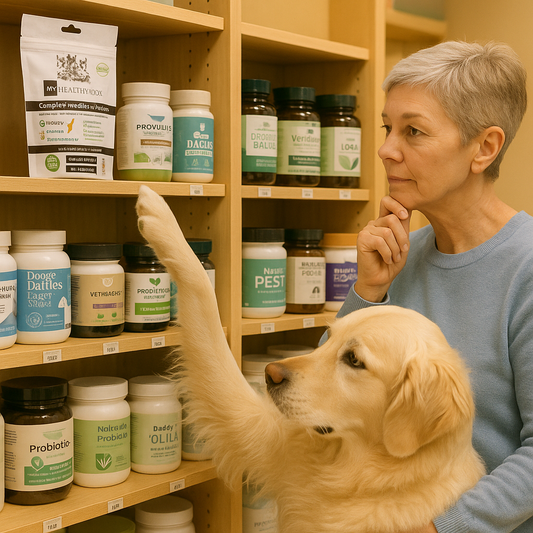The Bull Terrier is a breed unlike any other, recognized for its distinctive "egg-shaped" head, muscular physique, and exuberant personality. Originally bred for dog fighting in the 19th century, the Bull Terrier has evolved into a friendly and affectionate companion, albeit with a spirited edge. This article delves into the fascinating background, physical attributes, and care needs of the Bull Terrier, providing a comprehensive overview for those considering this breed as a pet.
Breed Summary
Origin of the Bull Terrier
The Bull Terrier was first developed in the early 1800s in England. The breed was created by crossing the now-extinct Old English Bulldog with the Old English Terrier, with a possible later infusion of Spanish Pointer blood. This mix was intended to combine the tenacity of the bulldog with the agility and spirit of the terrier, creating a powerful dog for sporting contests. Over time, as dog fighting was outlawed, the breed's role shifted towards that of a companion and show dog.
Appearance
Bull Terriers are immediately recognizable by their unique head shape, described as egg-like, with a flat top and a Roman nose. They are medium-sized, with males standing up to 22 inches at the shoulder and females slightly shorter. Their coat is short, flat, and glossy, available in colors ranging from pure white to other color variants like black, brindle, red, fawn, and tri-color. Their eyes are small, dark, and deep-set, giving them a keen, determined expression.
Temperament
Bull Terriers are known for their bold and lively disposition. They are affectionate, playful, and thrive on human interaction. Despite their tough appearance, they are generally friendly with people and can be clownish and loving with families. They are also known for their courage and are fiercely loyal, traits that make them excellent watchdogs. However, they can be stubborn and require firm, consistent training from an early age.
Health Outlook
The lifespan of a Bull Terrier is typically around 11 to 14 years. Common health issues include hereditary nephritis, heart problems, and deafness, particularly in white Bull Terriers. They are also prone to skin allergies, which can lead to dry, itchy skin. Regular bathing with a premium dog shampoo can help alleviate skin discomfort and maintain healthy skin and coat. A proactive approach to their healthcare, with regular veterinary check-ups, is essential.
Nutritional Requirements
Bull Terriers require a balanced diet rich in high-quality proteins and fats to support their energy levels and muscular build. Given their propensity for gaining weight, their diet should be carefully monitored. Including a complete healthy multivitamin can support their overall health, promoting a robust immune system and vibrant coat.
Exercise Requirement
Despite their robust build, Bull Terriers are energetic and require significant daily exercise to maintain their health and happiness. They enjoy long walks, playtime, and have a particular fondness for interactive games that challenge their intelligence.
Pros and Cons of Owning a Bull Terrier
Pros:
- Extremely loyal and affectionate with families.
- Unique appearance and personality that attract attention.
- Robust and generally healthy with proper care.
Cons:
- Can be stubborn and may require firm training.
- Not suitable for families with very small children due to their boisterous nature.
- Prone to certain genetic health issues.
Space Requirements
Bull Terriers do well in both apartments and houses as long as they receive adequate exercise. They enjoy having space to explore but can adapt to various living situations if their physical and mental stimulation needs are met.
Suitability for Elderly
Due to their energetic nature and need for consistent training, Bull Terriers may not be the best choice for elderly owners unless they are active and experienced in handling dogs.
Suitability for Kids
They are suitable for families with older children who can interact safely with a strong, active dog. Their playful nature makes them great companions, but their size and exuberance might be overwhelming for toddlers.
Cost
The cost of a Bull Terrier puppy typically ranges from $1,000 to $3,000, depending on the breeder and lineage.
What Should the Owner Be Like?
An ideal Bull Terrier owner should be energetic, patient, and committed to providing structured training and plenty of exercises. They should also have a strong understanding of canine behavior to manage the breed's stubborn streak.
Fun Facts
- The Bull Terrier is the only breed with triangular eyes.
- The breed was once known as a "gladiator" in the dog world due to its origin in blood sports.
Conclusion
The Bull Terrier is a breed full of personality and love, ideal for those who appreciate a dog with a distinctive appearance and vibrant character. With the right training, socialization, and care, a Bull Terrier can be a devoted and joyful addition to any home.
Are you familiar with the Bull Terrier or have this wonderful breed in your family?
Share your stories in the comments!
Share the Article with friends!





